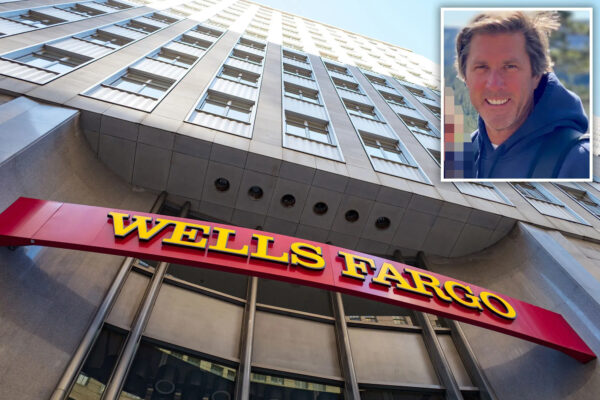How to Make Money With a Rental Property
If you’re interested in making more money, or saving for the future, one of the best strategies you can use is buying and holding rental property. But how exactly do you make money with rental property, and what are the best ways to get started?
The Profitability Model of Rental Property
Let’s start with the basic profitability model of rental property. Rental property owners tend to make money in two distinct, yet related ways. When an owner buys a rental property, they usually offer a down payment and take out a loan for the remainder of the balance; this leaves them with a monthly mortgage payment, which often includes expenses like property taxes and insurance.
From there, the property owner finds tenants to occupy the property and charges them rent. This monthly rent usually exceeds the monthly costs of maintaining the property. In other words, if you’re paying $1,000 per month for your mortgage, you may be able to charge $1,500 or more in rent, resulting in a profit of $500 or more. This is the first way to make money with rental property—generating recurring cash flow.
However, there’s another way you can make money with rental property, and it’s oftentimes even more lucrative than generating recurring cash flow. Here, the idea is to capitalize on the long-term appreciation of the property’s value. If you buy a property in a good neighborhood, with an impressive growth trajectory, you should be able to count on the price of that property rising over time. In other words, if you buy a property for $150,000 in a good area, it might climb to $300,000 or even more by the time you’ve paid the mortgage in full. Of course, this requires you to keep the property in good condition and is highly dependent on the qualities of your chosen neighborhood.
The Catch
This all sounds like a great way to make money, so where’s the catch? There are a few potential catches, actually. Let’s take a look at them:
· Time requirements. If you want to keep the property in good condition and keep your tenants happy, you’ll need to invest a lot of time. Depending on the nature of the property, you might be responsible for taking care of the landscaping and yardwork, fixing small things that go wrong, undertaking major repairs, and of course, cleaning and relisting the property whenever your tenant leaves. You can mitigate the time requirements by hiring a property management firm to take care of these responsibilities for you; however, there will always be some responsibilities you’ll need to do yourself.
· Legal responsibilities. As a landlord, you’ll be required to obey the law and comply with local regulations. This sometimes means spending more time and money than you planned, and could land you in legal trouble if you don’t follow everything precisely.
· Initial capital. If you want to invest in rental property, you’ll need at least some initial capital to do it. You can usually get a loan for the majority of the price of a rental property, but you’ll still need an initial sum (usually tens of thousands of dollars) for your down payment. If you’re working with limited income or tight personal finances, this can be a hard milestone to reach.
· Cost projections. Many new rental property owners end up losing money or merely breaking even because of inaccurate cost projections. They fail to anticipate the true costs of owning a property, or fail to have an emergency fund set aside for unexpected breakage. Fortunately, you can protect against this by planning more conservatively and doing more research.
· Tenant appeal. Your property will only be able to generate cash flow if you can keep it occupied. That means investing time, money, and effort to make your property more appealing to prospective tenants. Kitchen and bathroom renovations, extra amenities, and basic curb appeal can go a long way here—but you’re never guaranteed to get tenants quickly.
· Finding the perfect properties. Your success is almost exclusively dependent on your ability to find “good” properties. These properties should be relatively inexpensive, in good condition, in good neighborhoods, with the highest possible tenant appeal. Not every home on the market will make a good rental property, and profitable landlords know how to tell the difference.
How to Get Started
Are you interested in investing in rental property? There are many ways you can learn more, and begin getting the experience you need. For example, you can talk to real estate agents, landlords, and property investors in your area, or even find a mentor to help guide you through your first few purchases. You can also read more about rental property management online.







